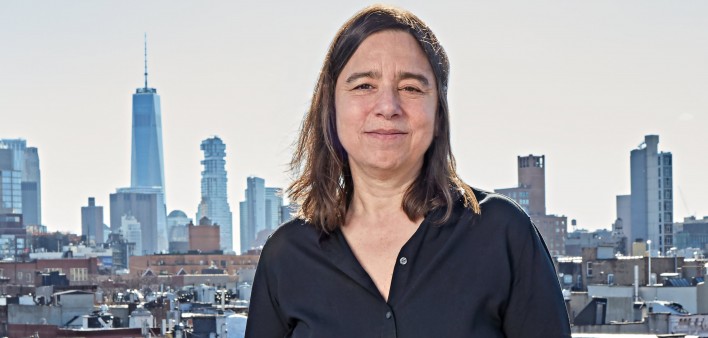AIDS activist and historian Sarah Schulman has penned 19 books and plays, but a nonfiction work that appeared a few weeks before the 2016 election turned out to be a “life-changing” breakout hit for the New York author. Titled Conflict Is Not Abuse: Overstating Harm, Community Responsibility, and the Duty of Repair, the slender book unpacks the many ways we tend to mistake conflict for abuse. Along the way, Schulman offers insights that can help us resolve any number of disagreements, from lovers’ quarrels to geopolitical quagmires.
A few helpful hints: “Real friends and healthy families encourage negotiation,” Schulman tells POZ, “and bad groups encourage escalation and shunning and blame.” This give-and-take requires talking through issues to determine whether our perceived threats (for example, people with HIV) are actual dangers (those with HIV virtually never are). And when you are trying to resolve a conflict, she says, don’t do it over email or text. Pick up the phone or meet face-to-face.
“We’re in a time in society where nothing is organized toward reconciliation and repair and everything is about scapegoating and shunning,” Schulman says. A prime example resides in the White House. “He’s proof that my theories were correct! Every day he tells us what a victim he is, when he’s the perpetrator,” she says. “And then he blames Muslims and immigrants for the things actually caused by the white 1 percent, like the globalization of jobs. He also uses a nationalist concept of loyalty that’s defined by joining with other people to hurt someone.”
The ideas packed into her assessment of Trump echo throughout Schulman’s book, whether she’s exploring personal disagreements, HIV criminalization or the occupation of Palestine. Not to mention that she makes her case in a clear and accessible style, despite an intimidating résumé: distinguished professor at The City University of New York, Guggenheim and Fulbright fellowship recipient, cofounder of The Lesbian Avengers, codirector of The ACT UP Oral History Project and coproducer of the documentary United in Anger: A History of ACT UP. What’s more, this summer will see the reissue of My American History: Lesbian and Gay Life During the Reagan/Bush Years, a collection of her journalism from 1980 to 1993, when AIDS first exploded (“It’s a wild ride,” she promises).
But back to Conflict. “Why be cruel? That’s the larger question,” Schulman says during our interview from her East Village apartment (you can read the entire Q&A here—it’s quite provocative and educational). As Schulman points out, conflict is a normal aspect of life, but when we view it as so unbearable that we label it as abuse or when we interpret a person’s difference as so menacing that we consider its mere presence an assault, then we’re likely to lash out in violence or call the police—in other words, we become the dangerous perpetrators. And why be that person?







Comments
Comments